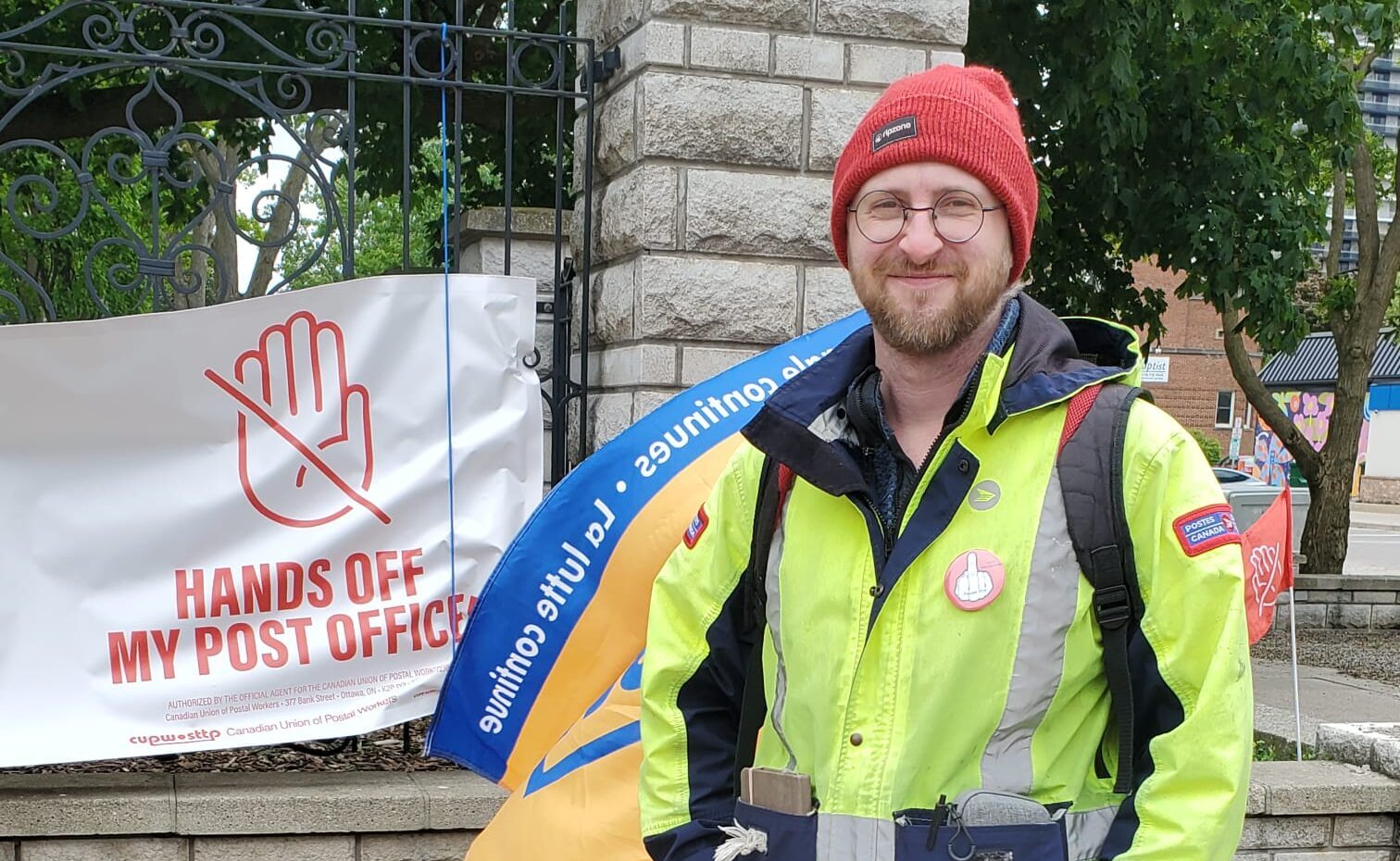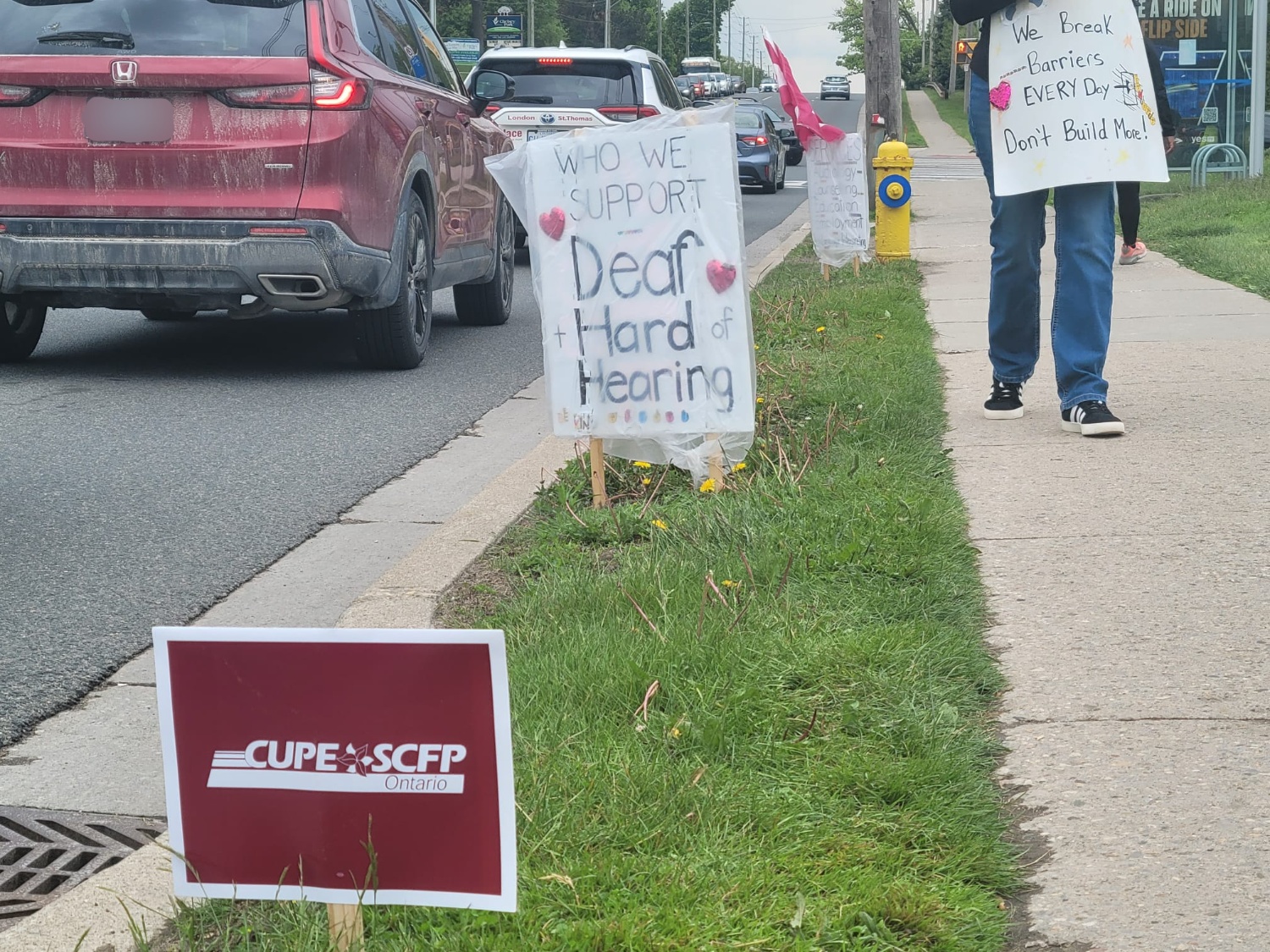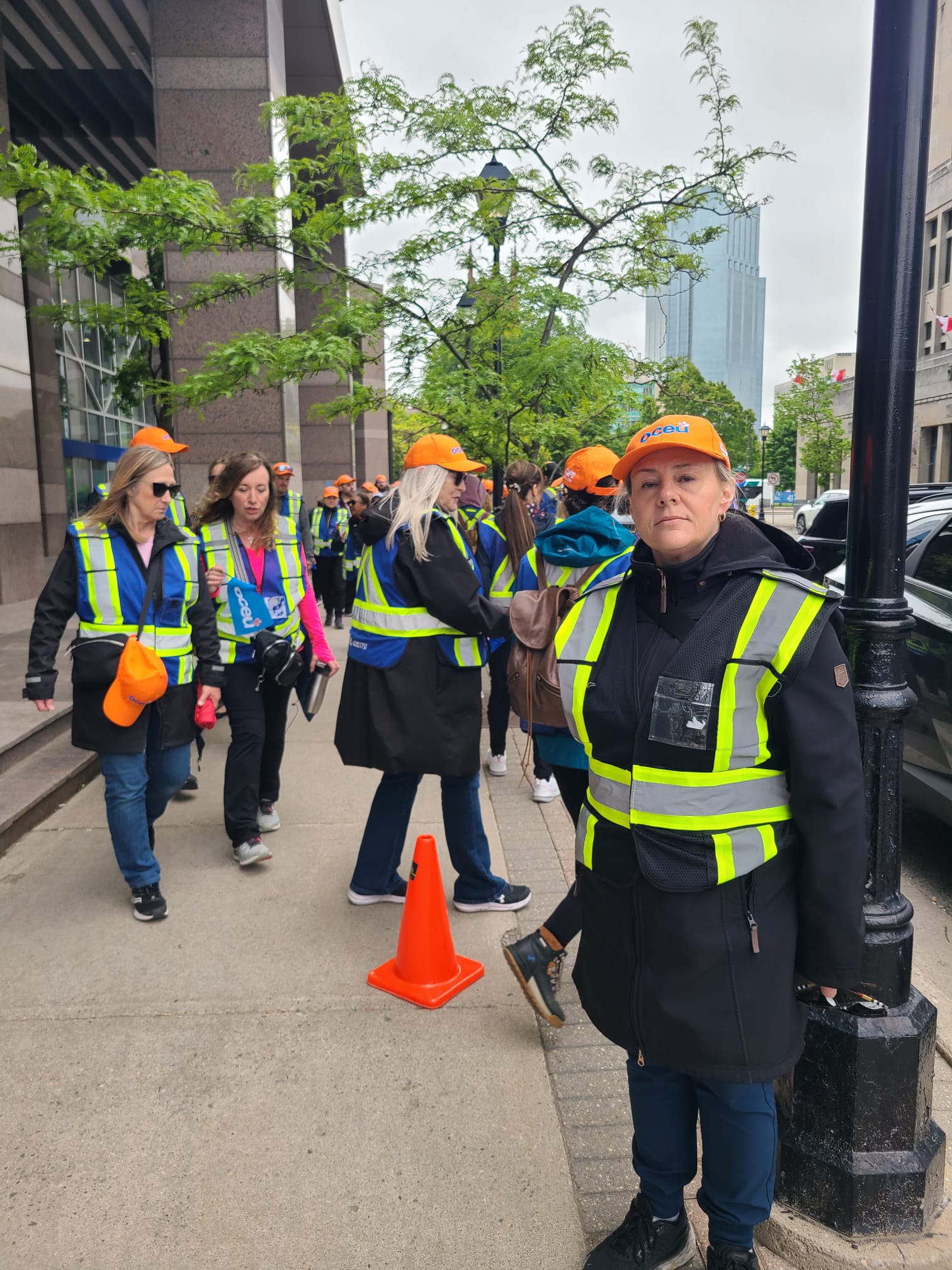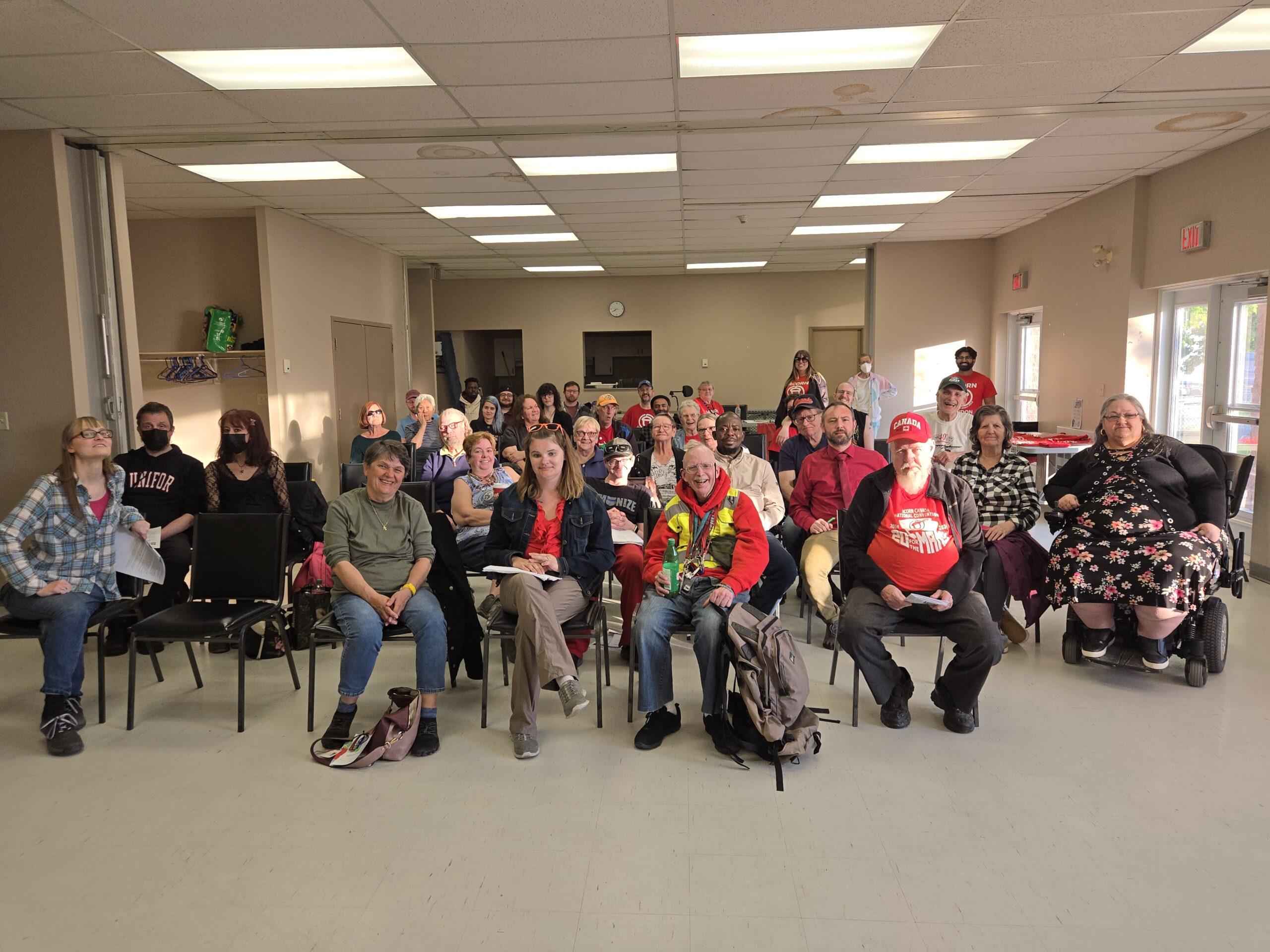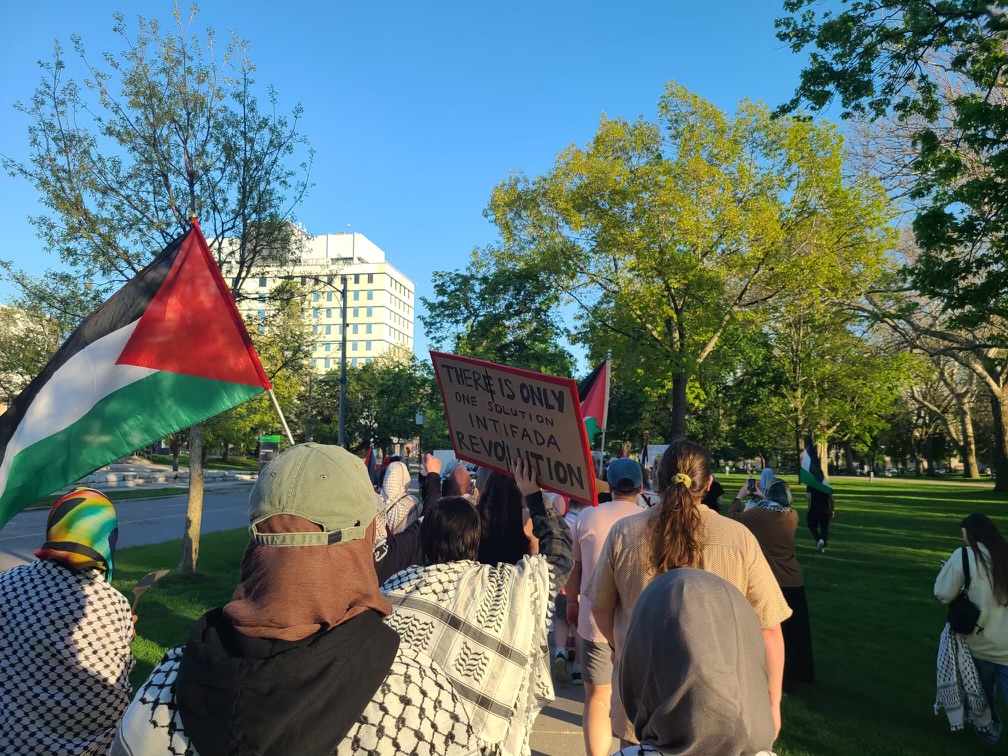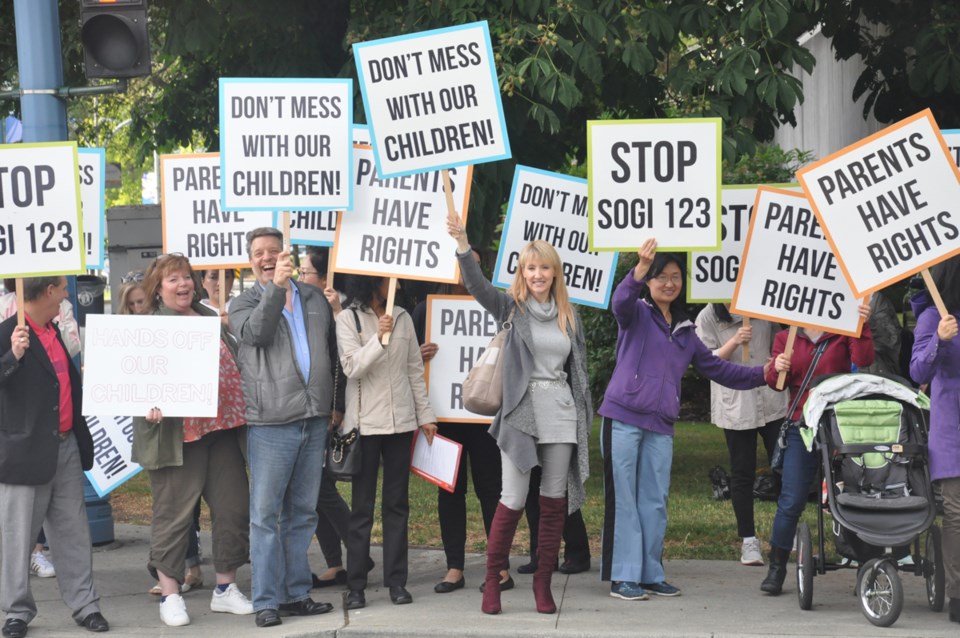We all go to the library
Farrah Sherrard
Thu June 12, 2025

We are witnessing a slow but consistent creep of social services breaching public libraries across Canada. The London Public Library hired a social worker to provide addiction and mental health services to library patrons. The Toronto Public Library provided food bank services during the COVID-19 pandemic because food banks had closed. Some people in Hamilton have called for opening safe injection sites outside their libraries.
None of this is good or should be celebrated.
Public libraries have expanded their services beyond lending books to the public, offering a range of additional resources and programming. The London Public Library offers educational, financial and recreational programming for the community. Book clubs, literacy programs, tax services, genealogy services, immigration services, and Dungeons & Dragons groups are all valuable services that the library is offering as an essential community hub in the city. The public library has consistently provided community services to many people, and it is for this reason in part that Londoners have ranked it as the most satisfactory public service in London.
However, the encroachment of social services in libraries should not be celebrated as the library branching out to meet the needs of more people but rather as a sign of deteriorating public funding for social services within the city and across the country. Every additional professional service the public library undertakes is a sign that these services have been so underfunded that the public library, as one of the last community-oriented institutions, must take them on because there is nowhere else to turn.
The London Public Library recently removed the benches outside the Central Branch because too many homeless people were sitting and sleeping on them, among other concerning behaviours. Librarians were concerned with having to deal with potential overdosing accidents and believe that by removing the benches, these accidents can happen somewhere other than outside the library. But, homeless people need a place to sleep, a place to rest, the same as everyone, and if there is a lack of homeless shelters or other indoor seating, where else are they supposed to go when the public library is the only place with comfortable public seating? If you want to remove homeless people from the library and from the streets, the best place to put them is in housing, with beds for them to sleep on, and provide them with the services they need. In addition, librarians should not be the ones to deal with people overdosing. Librarians have librarian work to do, like programming services, guiding patrons, and providing information.
Librarians would not persistently voice workplace safety concerns from having to deal with overdoses if there were accessible, safe injection sites in the city. London Public Library would not feel the need to hire a social worker to deal with addiction and mental health crises if there were spaces and services outside of the public library. Yet, across Ontario, safe injection sites have not been sustained. Recently, Premier Doug Ford banned safe consumption sites near schools, significantly reducing the legally allowed space to provide essential services for drug consumption for the alleged purpose of protecting children. These changes have not protected children or people dealing with addiction because nine safe consumption sites in Ontario closed in March of this year due to the site restrictions, which has only led to more drug consumption on the streets.
All of these issues are in addition to underfunding the public library’s core programming. Due to the City of London underfunding the London Public Library in the 2024-2027 budget, the Bostwick, Cherryhill and Masonville branches had to stop providing services on Sundays. The London Public Library should not have to cut hours. The public library should increase its hours, expand its programs, and enhance its services. Yet, persistent underfunding due to decades of austerity has forced the library to regress.
The persistent and increasing underfunding of social public services has harmed everyone, and it will worsen if not addressed. By reducing service accessibility to London’s most vulnerable residents, the city is reducing services for everyone. Removing the benches at the Central Branch to get rid of homeless people, who are trying to sleep comfortably, mind you, has also removed seating for children, disabled people, pregnant people, older people, younger people, you, and me. These choices are not just anti-homeless but anti-people too.
As a Master’s of Library and Information Science student at Western, the program places a great emphasis on awareness of vocational awe – the idea that what the library does is sacred and good and beyond critique. It is time to look inward at how accepting social services into the library, rather than fighting for them across the city, has only has only pooled all these issues to metastasize within the public library.
Everyone should go to the library to read, study, play, sew, talk, organize, watch, learn, sit, and rest. This requires not just library funding but also the funding of London’s public services, which provide Londoners with essential healthcare, transportation, and housing necessary for improving everyone’s quality of life.

